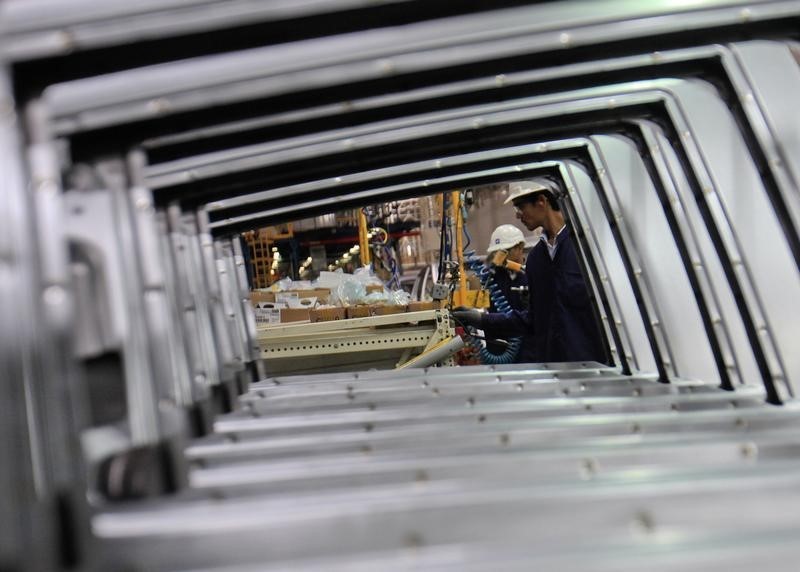As emerging electric and legacy automakers voice concerns over what appears to be a deceleration of demand for battery electric vehicles, Deutsche Bank research analysts believe the existing BEV losses may extend but will not halt the industry’s movement towards an EV transition.
“During our IAA conference there was a debate if BEV adoption is slowing. This has now become a full blown concern about a potential EV demand meltdown.” Write analysts at Deutsche Bank in a note.
Manufacturers are scaling back their ambitious electric vehicle goals, leading to significant underutilization of BEV-specific production facilities for AutoParts companies.
As per a recent report from a European supplier, production schedules for EVs in both Europe and the US are currently running 30-50% below the planned targets for both the mass market and premium segments.
As a result, the slowdown is aggravating price pressures on EVs. With the upcoming launch of next-generation models by traditional OEMs, automakers will need to find a balance between price reductions and meeting volume demands.
These recent developments have been largely interpreted by the market as unfavorable for established OEMs such as GM (GM) and Ford (NYSE:F). However, analysts at Deutsche Bank view Tesla (NASDAQ:TSLA) to be in a more advantageous position in the long term due to its cost advantage. Though, they continue to caution against the significant downside risk to the consensus 2024 expectations, given the softer EV demand, aging models, and potential price fluctuations.
In the European market, analysts at Deutsche Bank recognize BMW (ETR:BMWG) as a potential beneficiary due to its flexible approach and successful integration of BEV models.
Meanwhile, in the rapidly expanding Chinese market, where electric vehicle adoption continues to surge, XPeng (NYSE:XPEV) remains a top pick at Deutsche Bank, with a promising growth trajectory and margin improvements supported by strong partnerships with VW and Didi.
